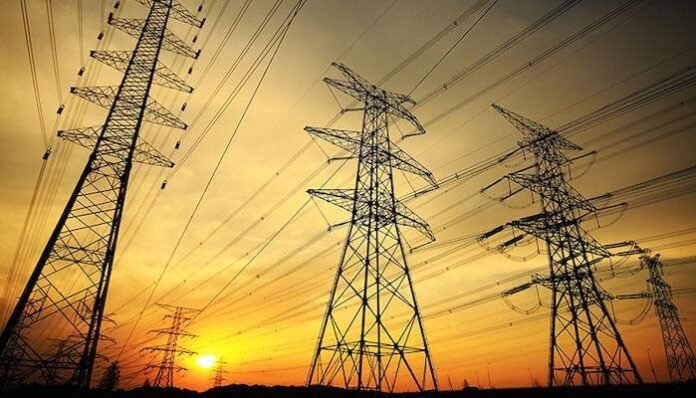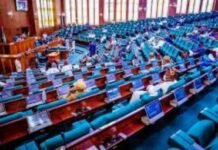Commissioners of energy across the 36 states on Wednesday disclosed their readiness to meet with power distributors to negotiate electricity tariffs that are reflective and not burdensome on residents of the states.
This follows the recent cut in electricity tariff for Band A customers from N209/kWh to N160/kWh by the Enugu Electricity Regulatory Commission, and the resistance that greeted the development by both power generation and distribution companies.
However, the power distribution companies have kicked against any form of negotiations with states on power tariffs, stressing that the move by the state governments might kill the power sector if care is not taken.
The EERC, on its part, has continued to defend its position and is not ready to give in to the demands of power generators and distributors, as the states defended their decision to regulate the power sector in their various jurisdictions.
Recently, the Nigerian Electricity Regulatory Commission disclosed that seven states now control their electricity markets in accordance with the Electricity Act 2023. The states are Enugu, Ondo, Ekiti, Imo, Oyo, Edo, and Kogi. Other states, including Lagos, Ogun, Niger, and Plateau, are expected to complete their transitions between now and September.
Speaking on Wednesday, the Chairman, Forum of Commissioners of Power and Energy in Nigeria, who doubles as the Commissioner of Power and Renewable Energy for Cross River State, Prince Eka Williams, stated that though some states might have the wherewithal to subsidise the power supply of their residents, the aim of state governments was mainly to ensure adequate power supply in their states.
He insisted that the Electricity Act 2023 had empowered the states to regulate the sector in their domains, and resisted attempts to counter this development.
“Without any equivocation, each State Electricity Regulator is uniquely positioned to determine and implement appropriate electricity tariffs that are fair to customers and at the same time, catalyse investments within their electricity markets, depending on their perculiar electricity market dynamics, licensee cost structures, consumer needs, and regulatory assessments,” he stated.
Asked whether state governments were ready to bear the burden of electricity subsidies, as declared by the power minister following the slash in tariffs by Enugu state, Williams replied, “Well, it’s not something I want to unilaterally agree or disagree with. The power sector is currently being tested, and there’s a lot of experimentation going on. There’s no one-size-fits-all approach.
“What’s important is that all stakeholders sit at the table to discuss these issues, taking into account the unique circumstances of each state. States operate differently. So, any governor who feels inclined can say, ‘I’m ready to shoulder this responsibility.’
“I believe what the minister is suggesting is that states can and should have more input in shaping the electricity conversation. But it’s still an ongoing dialogue. It’s not something you can pin down as a definitive statement, it requires extensive consultation and engagement.”
Also, in a statement on Wednesday, the Forum of State Commissioners of Power and Energy said the claims by the power generation companies were unfounded, allaying fears that the decision of Enugu to reduce the tariff of Band A would negatively impact its revenue streams.
![]()










